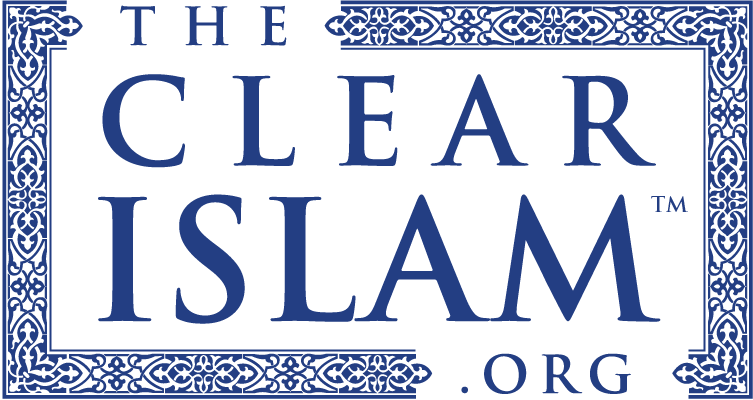the foundations of faith: what Muslims believe
At the core of Islam is a set of foundational beliefs that shape a Muslim’s worldview and actions. These six “Articles of Faith” are the bedrock of the religion.
1. Belief in the Oneness of God (Allah)
The single most important belief in Islam is the absolute oneness of God. Muslims believe in one, unique, incomparable God, who has no son, daughter, or partner. He is the Creator and Sustainer of the universe. The Arabic word for God is “Allah,” which is the same God of Abraham, Moses, and Jesus.
2. Belief in God’s Angels
Muslims believe in angels, unseen beings who worship God and carry out His commands. The angel Gabriel, for instance, delivered the revelations to the prophets. They are not objects of worship but are honored as God’s obedient servants.
3. Belief in the Holy Books
God has revealed his guidance through a series of holy books sent to various prophets. Muslims believe in all the original, unaltered scriptures, including the scrolls of Abraham, the Torah of Moses, the Psalms of David, and the Gospel of Jesus. The Quran is the final and complete revelation sent to the Prophet Muhammad (PBUH).
4. Belief in the Prophets and Messengers
From the beginning of humanity, God has sent prophets to guide people back to His path. Muslims believe in a long chain of prophets, including Adam, Noah, Abraham, Ishmael, Isaac, Jacob, Joseph, Moses, David, Solomon, John the Baptist, and Jesus. The final prophet in this line is Muhammad (PBUH).
5. Belief in the Day of Judgment
Muslims believe that all people will be resurrected for a Day of Judgment. On this day, every individual will be held accountable for their deeds, both good and bad. God, in His perfect justice and mercy, will determine each person’s eternal destiny—in Paradise or Hellfire.
6. Belief in Divine Decree and Destiny (Qadar)
Muslims believe that God has knowledge of all that will happen. However, this does not negate human free will. God’s knowledge is perfect, but we are still free to make our own choices, and we are responsible for those choices.
